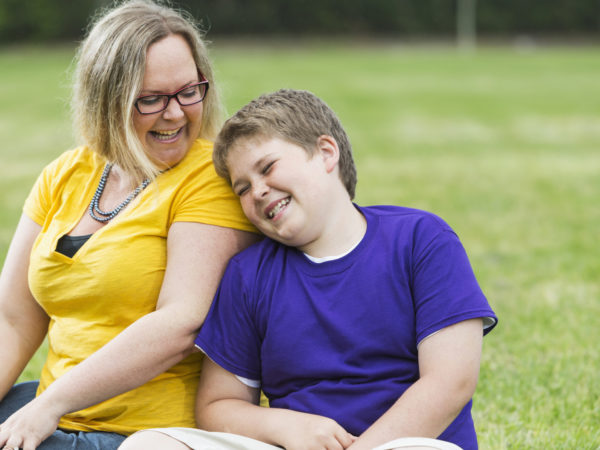Is Obesity Contagious?
I understand that obesity can be contagious. This sounds ridiculous to me. Your thoughts?
Andrew Weil, M.D. | May 7, 2018

Some research does suggest that obesity is contagious, but not in the sense that you can catch it as you would a cold or the flu. Instead, obesity appears to be “socially contagious,” meaning that people are more likely to become overweight or obese if those around them are. This was first observed in 2007 in a study showing that individuals had higher odds of becoming obese if they had an obese spouse, sibling or friend. The researchers found that the chances of becoming obese increases by 57 percent if a person has a friend who becomes obese in a given period of time. If an adult sibling becomes obese, there is a 40 percent increased chance that a sister or brother will also become obese. For spouses, if one becomes obese, odds that the other one will also increase by 37 percent.
The latest evidence that obesity is socially contagious comes from a study of U.S. military families stationed at or near 38 military bases across the country. Economists Ashlesha Datar, of the University of Southern California and Nancy Nicosia of the RAND Corporation explained that they chose to look at these families because the military – not personal preference – determined where they lived. The team reviewed data through 2013 and 2014 including body mass index (BMI) from 1,314 parents and 1,111 children to determine if they were more likely to be overweight or obese when posted to bases in counties with higher rates of obesity. Adjustments were made for such factors as age, sex, education, income and military rank.
The research shows that chances of becoming obese increase when a family is posted to an installation in a county with a high rate of obesity compared to military families assigned to installations in counties with lower obesity rates. In the communities studied, the obesity rates ranged from 21 percent in El Paso County, Colorado, home of Fort Carson, to 38 percent in Vernon Parish, Louisiana where Fort Polk is located. Local differences in food and exercise options apparently played no role in any weight gain.
All told, the study found that for every one percent increase in a county’s obesity rate, the chances that a youngster would be overweight or obese jumped by four to six percent and the odds that a parent would be obese increased by five percent.
We also know from other research that eating with someone who is overweight tends to influence how much people consume, another aspect of this social effect. The Cornell University Food and Brand Lab found that diners are more likely to eat larger portions of unhealthy foods under these circumstances – even when the overweight person doesn’t opt for big portions or make poor food choices. The same research found that people may overeat when they see someone nearby who is overeating.
Andrew Weil, M.D.
Sources:
Nicholas A. Christakis and James H. Fowler, “The Spread of Obesity in a Large Social Network over 32 Years.” New England Journal of Medicine, July 26, 2007, DOI:10.1056/NEJMsa066082
Ashlesha Datar and Nancy Nicosia, “Association of Exposure to Communities With Higher Ratios of Obesity with Increased Body Mass Index and Risk of Overweight and Obesity Among Parents and Children.” JAMA Pediatrics, January 22, 2018, doi:10.1001/jamapediatrics.2017.4882












